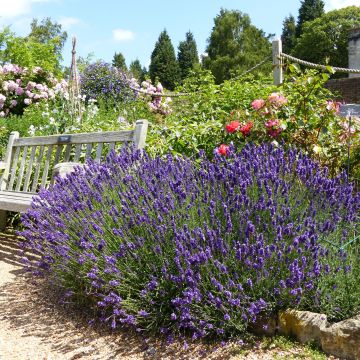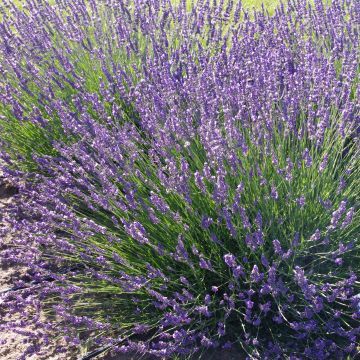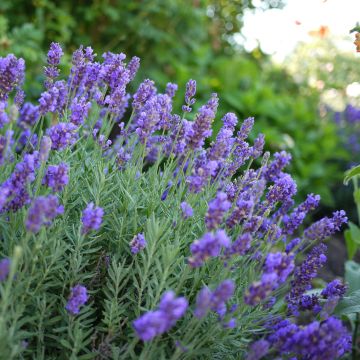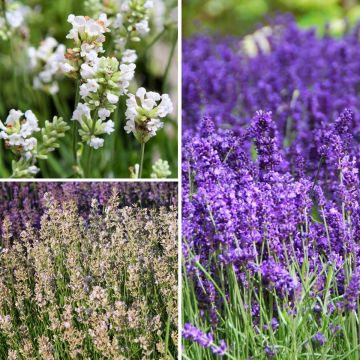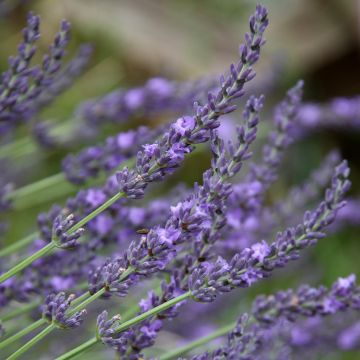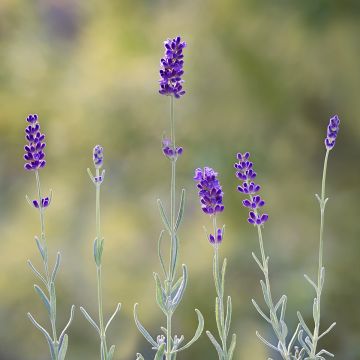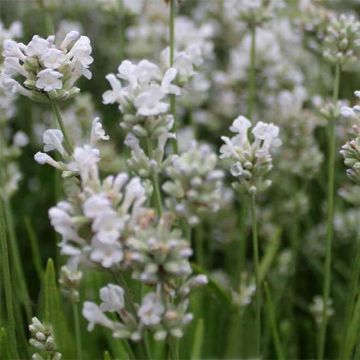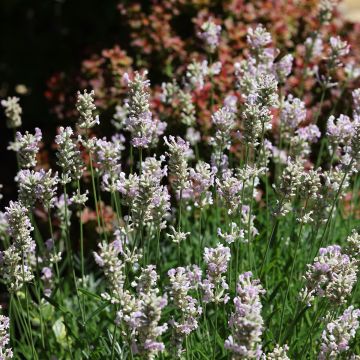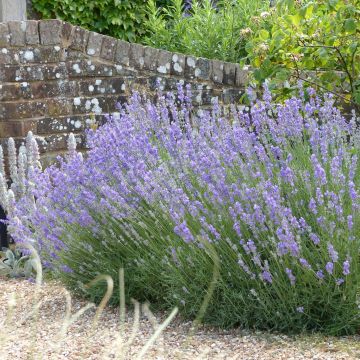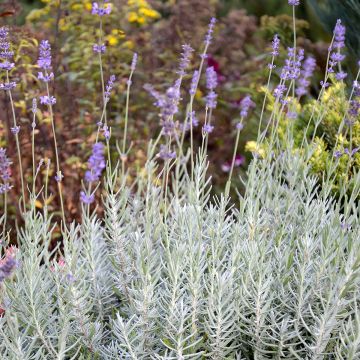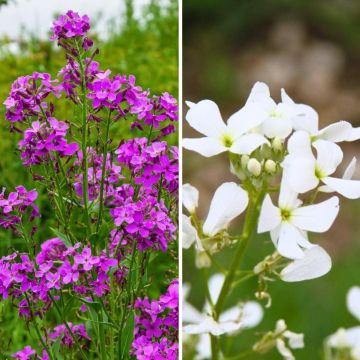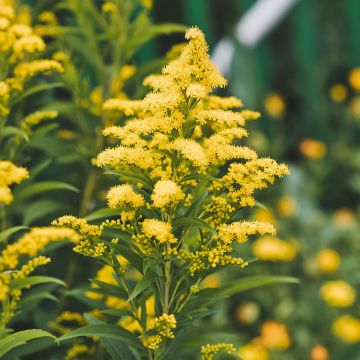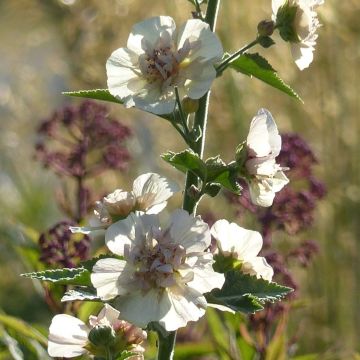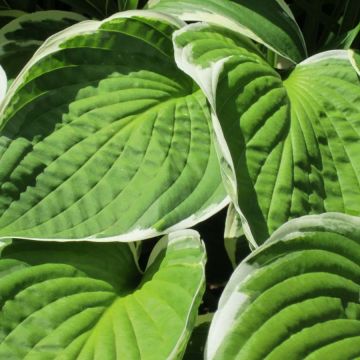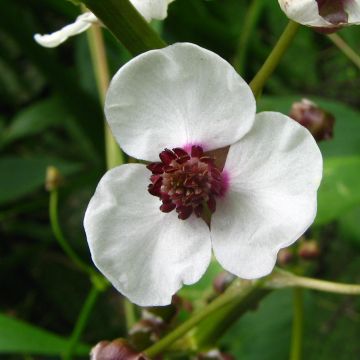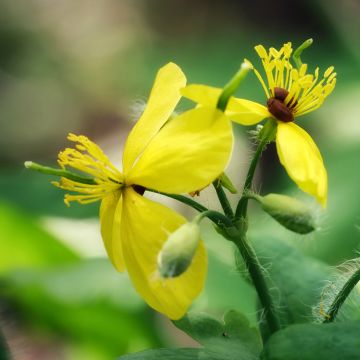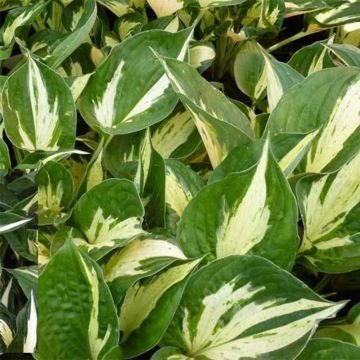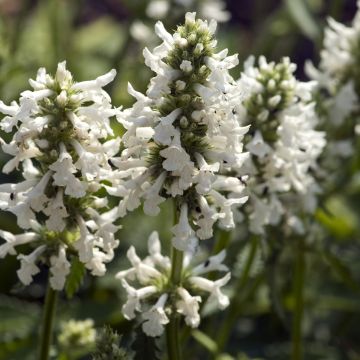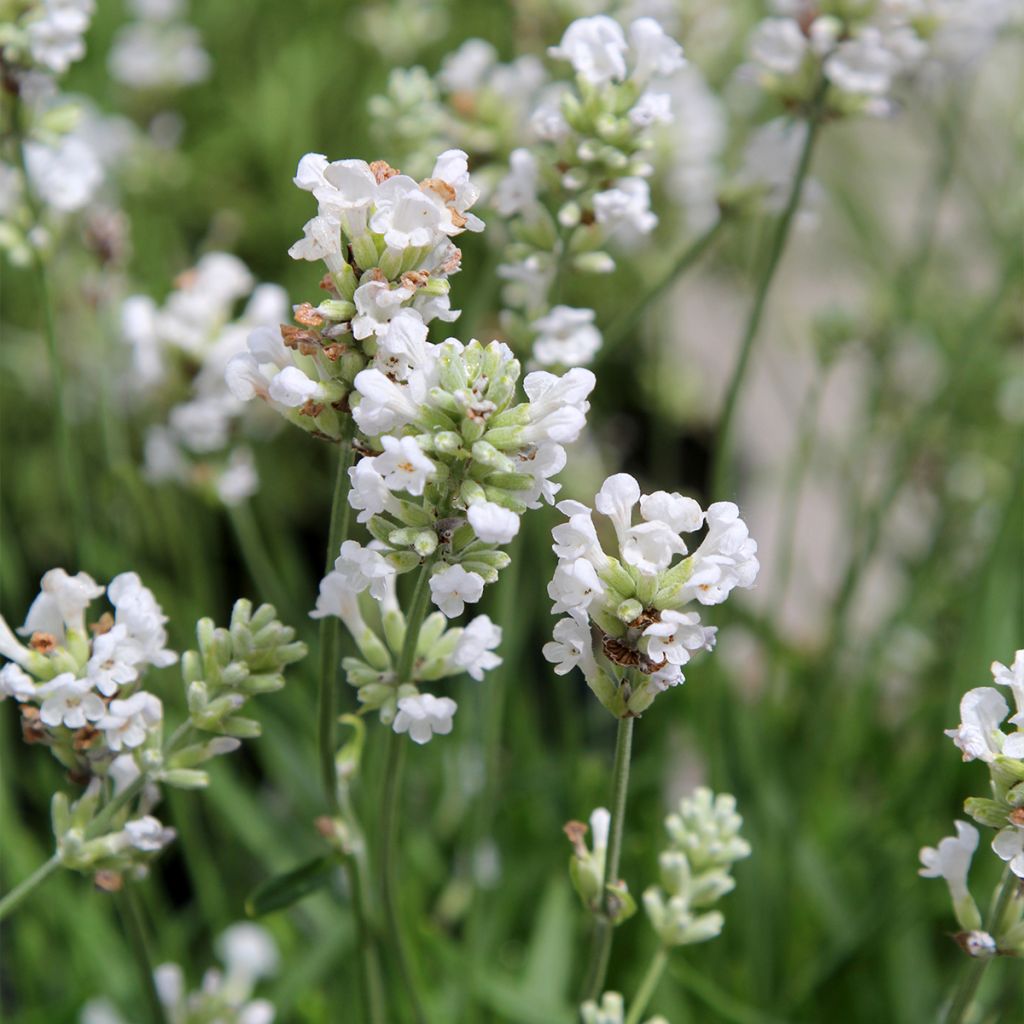

Lavandula angustifolia Alba - True Lavender
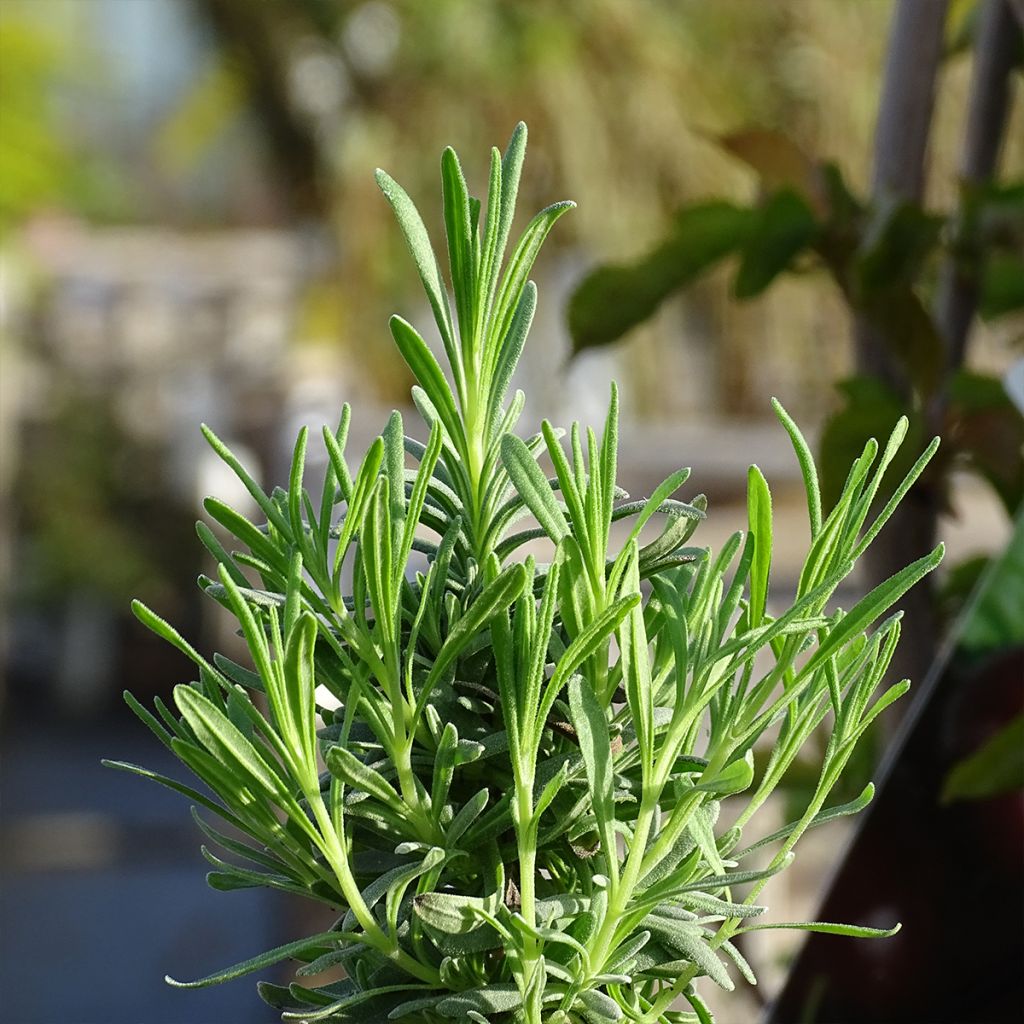

Lavandula angustifolia Alba - True Lavender
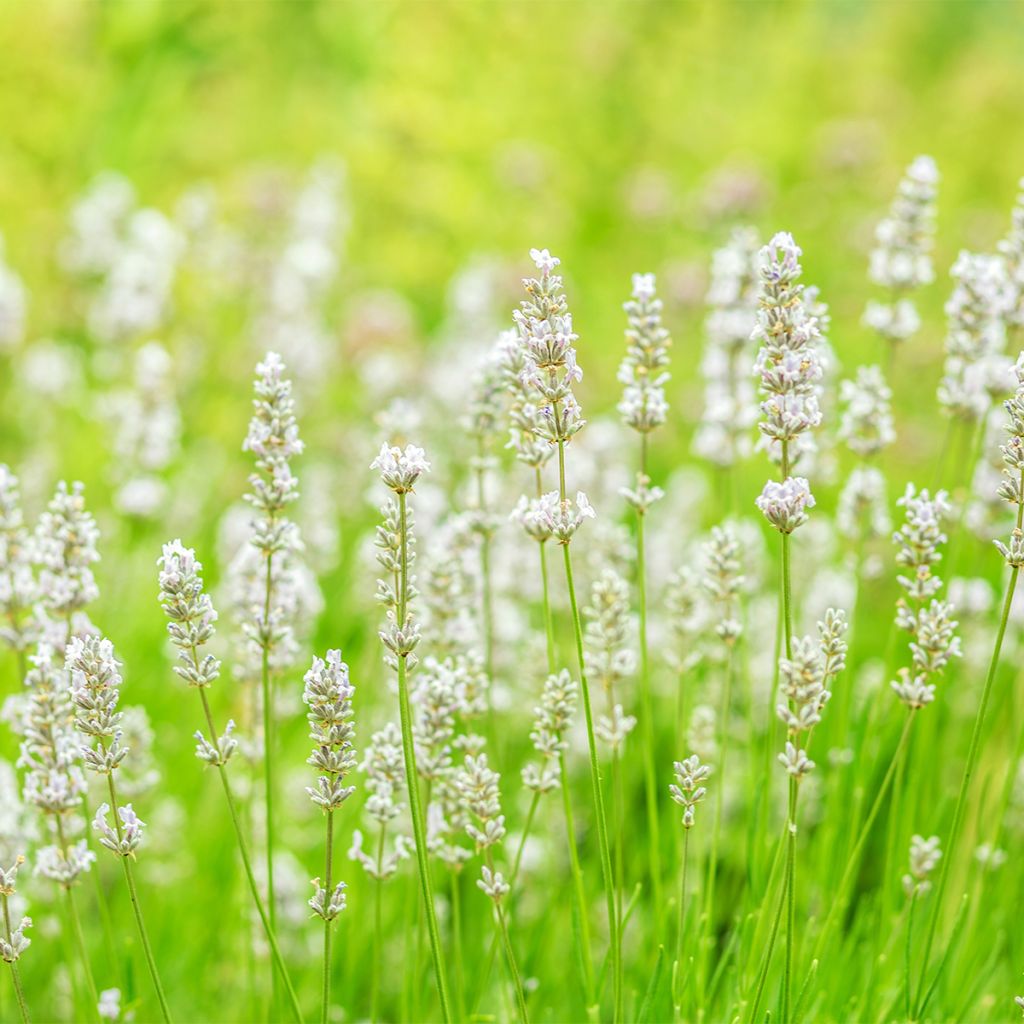

Lavandula angustifolia Alba - True Lavender
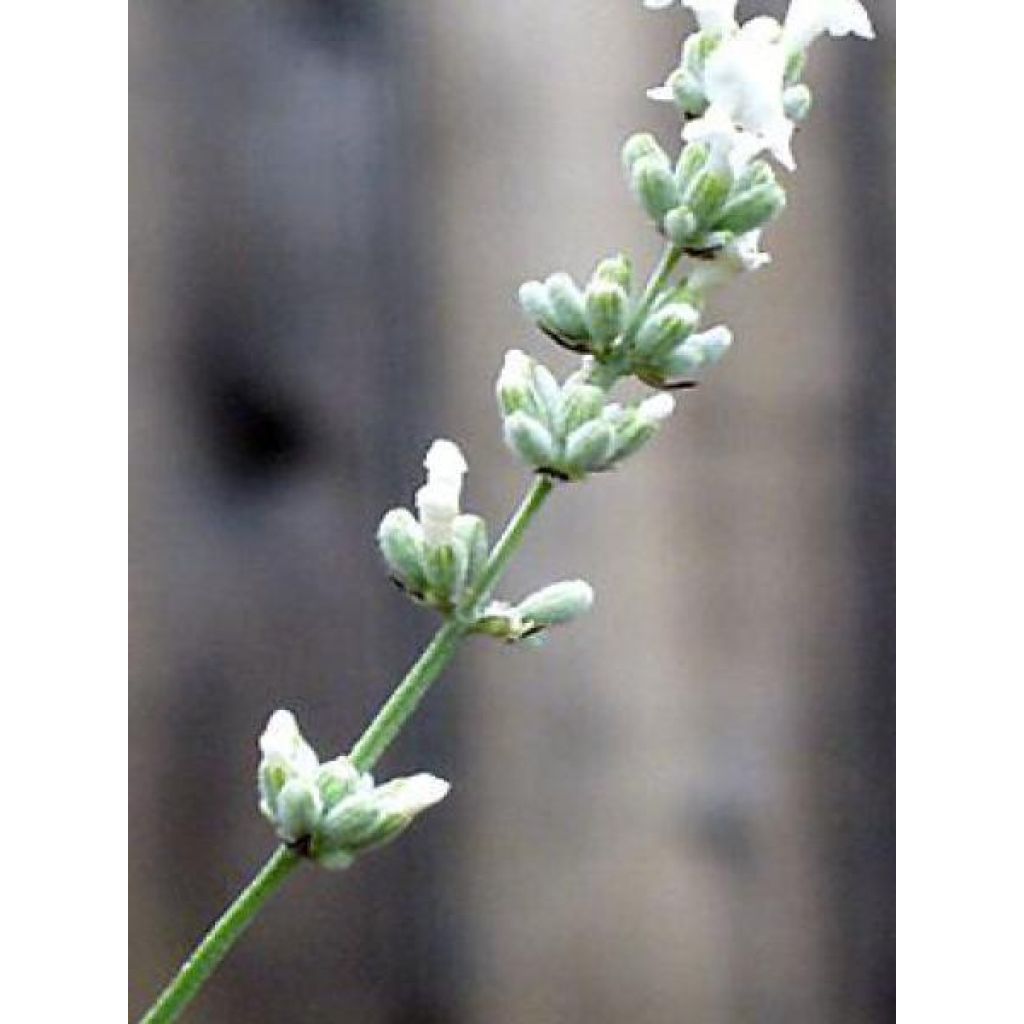

Lavandula angustifolia Alba - True Lavender
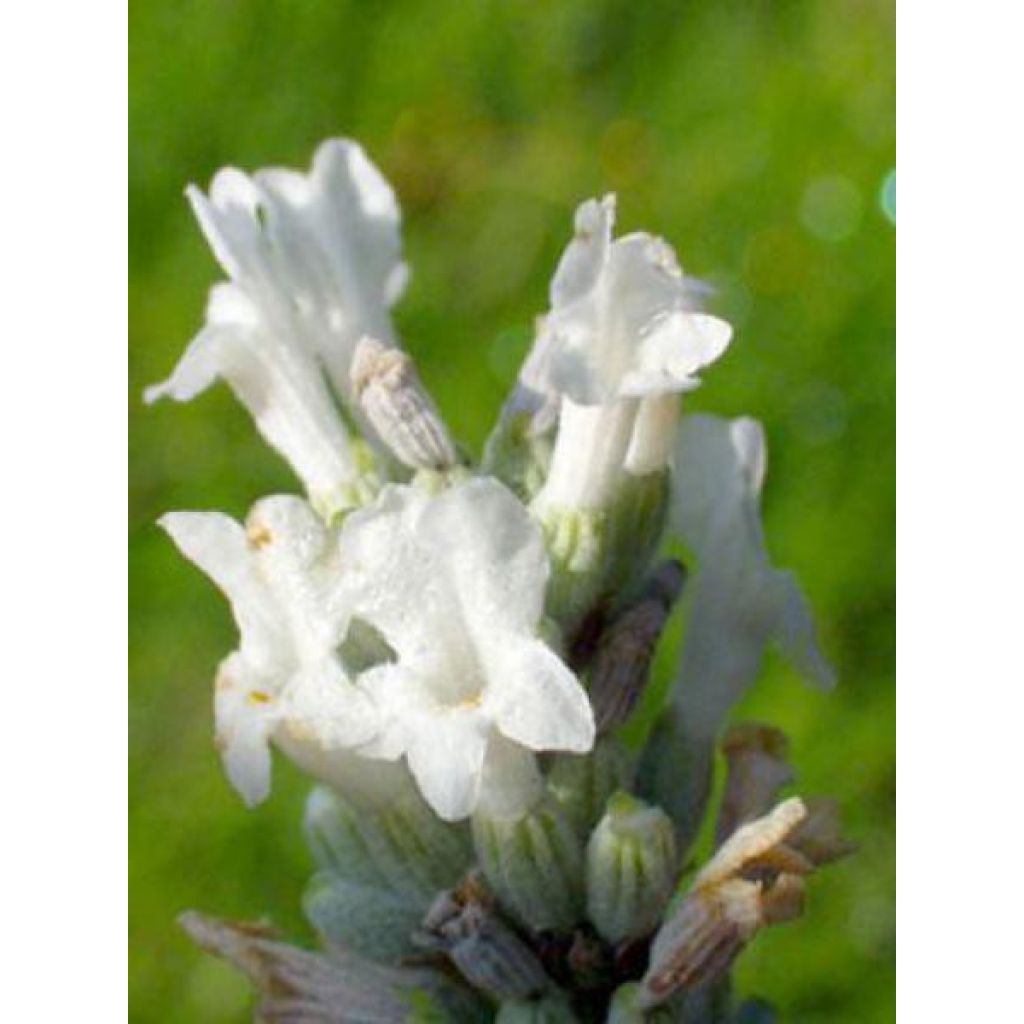

Lavandula angustifolia Alba - True Lavender
Lavandula angustifolia Alba - True Lavender
Lavandula angustifolia Alba
True Lavender, English lavender
After a first order and a good recovery of the young plants, I ordered again small pots of 7/8 cm that arrived very well packaged, not damaged because well pruned, and in perfect freshness...and this despite an extra day of waiting in my post office, as the delivery person didn't bother to ring to deliver them to me...even though "living plant" was clearly indicated on the box!
Nathalie, 21/10/2025
Special offer!
Receive a €20 voucher for any order over €90 (excluding delivery costs, credit notes, and plastic-free options)!
1- Add your favorite plants to your cart.
2- Once you have reached €90, confirm your order (you can even choose the delivery date!).
3- As soon as your order is shipped, you will receive an email containing your voucher code, valid for 3 months (90 days).
Your voucher is unique and can only be used once, for any order with a minimum value of €20, excluding delivery costs.
Can be combined with other current offers, non-divisible and non-refundable.
Home or relay delivery (depending on size and destination)
Schedule delivery date,
and select date in basket
This plant carries a 12 months recovery warranty
More information
We guarantee the quality of our plants for a full growing cycle, and will replace at our expense any plant that fails to recover under normal climatic and planting conditions.

Would this plant suit my garden?
Set up your Plantfit profile →
Description
Lavandula angustifolia 'Alba', also known as true lavender or English lavender, is a shrub with a compact, dense, and bushy habit, with evergreen grey-green aromatic foliage, and abundant summer flowering in spikes of white, honey-scented flowers. Even in the middle of winter, its rounded shape and silver foliage will brighten up the garden.
Lavandula angustifolia 'Alba' belongs to the Lamiaceae family and is native to the Mediterranean regions of southern Europe. This variety of white lavender is a small-sized bush, measuring 50 to 80cm (20 to 32in) in all directions. It is compact, dense, and vigorous, forming a rounded bushy clump. Its decorative evergreen foliage is composed of narrow aromatic leaves of a beautiful silver-green colour. In summer, this lavender is covered with a multitude of highly fragrant honey-scented white flowers, borne on short cylindrical spikes at the ends of woody stems.
Like most other lavenders, Lavandula angustifolia 'Alba' should be planted in full sun in well-drained ordinary soil (even dry and rocky). In a sunny and warm location, its silver-green foliage will be radiant and its white flowers will emit an intense fragrance.
An ornamental and Mediterranean plant par excellence, lavender can be used in borders, as a standalone plant, in rock gardens, in pots, along the coast, and even as a low flowering hedge.
With its sculptural appearance, the colour of its foliage, and its white flowers, there are infinite possibilities for gardeners. This white lavender can be associated with grasses which, with their tousled appearance, will contrast with its rounded shape and create a striking scene. It will also work wonders at the base of climbing roses, paired with shrubs like Perovskia, Vitex agnus-castus, or caryopteris. It can also be mixed with camassias, Iris germanica, hemerocallis, and poppies. You can create beautiful pots to place on a patio or balcony. It is also possible to combine several varieties of lavenders together, creating a harmonious and elegant tableau with a variety of flower and foliage colours, as well as plant sizes and volumes.
Properties: Lavender is a highly honey-scented plant and contributes to the preservation of bees. The nectar from its flowers attracts bees, making it one of the most renowned honeys.
Lavandula angustifolia is a medicinal plant, whose therapeutic virtues were once widely used. Its essential oil has antiseptic, antispasmodic, healing, depurative, diuretic properties, and more.
Anecdote: In Roman times, women who wanted to secretly taste wine (a drink that was forbidden to them) would chew a few sprigs of lavender to perfume their breath, thus outwitting their vigilant husbands.
Report an error about the product description
Lavandula angustifolia Alba - True Lavender in pictures
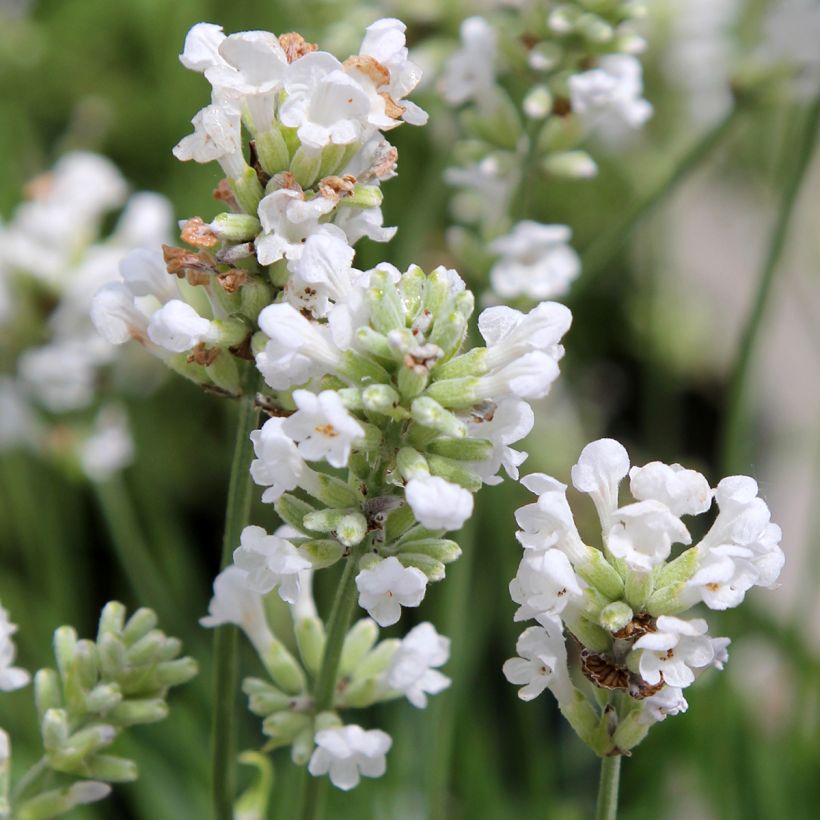

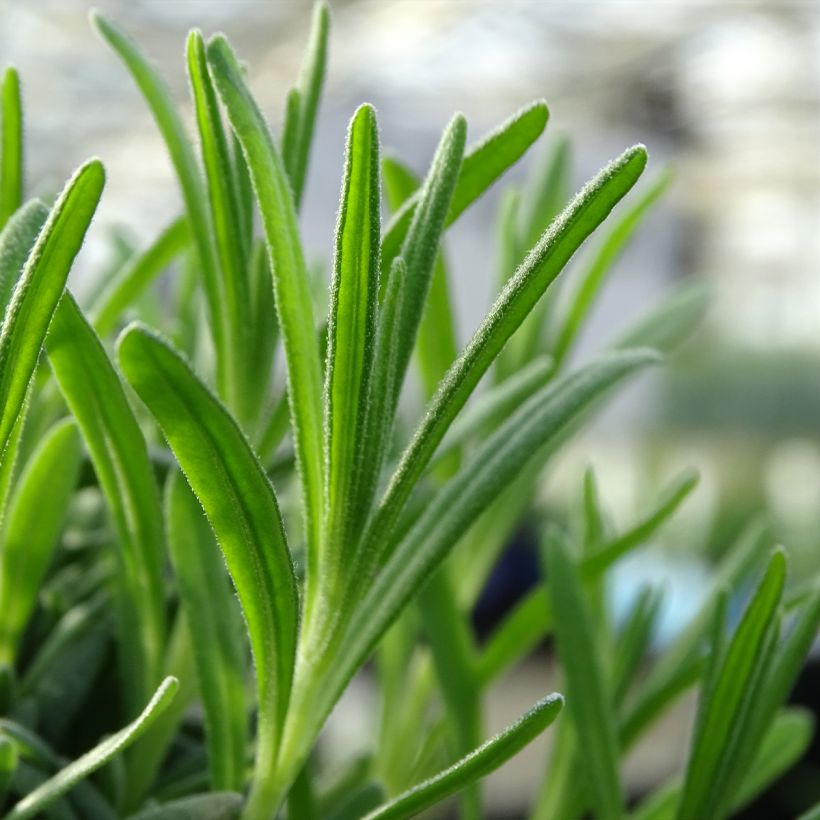

Flowering
Foliage
Plant habit
Botanical data
Lavandula
angustifolia
Alba
Lamiaceae
True Lavender, English lavender
Cultivar or hybrid
Other Lavendula - Lavender
View all →Planting and care
Very easy to grow and hardy (-15°C (5°F)), Lavandula angustifolia 'Alba', however, needs to be planted in a warm and sunny location, in light, chalky, rocky and dry soil that is very well-drained. Indeed, it does not tolerate heavy soils and excess water. Lighten heavy soil by adding sand and gravel. Prune every year, just after flowering, by removing the faded inflorescences. A second pruning should be done in early spring, by cutting back the plant by a third (without going into the old wood), to maintain a beautiful compact, rounded shape, and its floriferous qualities. Lavenders require very little water; watering will only be necessary in the first year of planting.
When pruning after flowering, collect the cuttings and use them to make sachets that will delicately perfume wardrobes and cupboards. This has the added bonus of keeping moths away. To make dried bouquets, harvest the just-bloomed lavender flowers and hang them upside down in a dry and ventilated place.
Planting period
Intended location
Care
-
, onOrder confirmed
Reply from on Promesse de fleurs
Similar products
Haven't found what you were looking for?
Hardiness is the lowest winter temperature a plant can endure without suffering serious damage or even dying. However, hardiness is affected by location (a sheltered area, such as a patio), protection (winter cover) and soil type (hardiness is improved by well-drained soil).

Photo Sharing Terms & Conditions
In order to encourage gardeners to interact and share their experiences, Promesse de fleurs offers various media enabling content to be uploaded onto its Site - in particular via the ‘Photo sharing’ module.
The User agrees to refrain from:
- Posting any content that is illegal, prejudicial, insulting, racist, inciteful to hatred, revisionist, contrary to public decency, that infringes on privacy or on the privacy rights of third parties, in particular the publicity rights of persons and goods, intellectual property rights, or the right to privacy.
- Submitting content on behalf of a third party;
- Impersonate the identity of a third party and/or publish any personal information about a third party;
In general, the User undertakes to refrain from any unethical behaviour.
All Content (in particular text, comments, files, images, photos, videos, creative works, etc.), which may be subject to property or intellectual property rights, image or other private rights, shall remain the property of the User, subject to the limited rights granted by the terms of the licence granted by Promesse de fleurs as stated below. Users are at liberty to publish or not to publish such Content on the Site, notably via the ‘Photo Sharing’ facility, and accept that this Content shall be made public and freely accessible, notably on the Internet.
Users further acknowledge, undertake to have ,and guarantee that they hold all necessary rights and permissions to publish such material on the Site, in particular with regard to the legislation in force pertaining to any privacy, property, intellectual property, image, or contractual rights, or rights of any other nature. By publishing such Content on the Site, Users acknowledge accepting full liability as publishers of the Content within the meaning of the law, and grant Promesse de fleurs, free of charge, an inclusive, worldwide licence for the said Content for the entire duration of its publication, including all reproduction, representation, up/downloading, displaying, performing, transmission, and storage rights.
Users also grant permission for their name to be linked to the Content and accept that this link may not always be made available.
By engaging in posting material, Users consent to their Content becoming automatically accessible on the Internet, in particular on other sites and/or blogs and/or web pages of the Promesse de fleurs site, including in particular social pages and the Promesse de fleurs catalogue.
Users may secure the removal of entrusted content free of charge by issuing a simple request via our contact form.
The flowering period indicated on our website applies to countries and regions located in USDA zone 8 (France, the United Kingdom, Ireland, the Netherlands, etc.)
It will vary according to where you live:
- In zones 9 to 10 (Italy, Spain, Greece, etc.), flowering will occur about 2 to 4 weeks earlier.
- In zones 6 to 7 (Germany, Poland, Slovenia, and lower mountainous regions), flowering will be delayed by 2 to 3 weeks.
- In zone 5 (Central Europe, Scandinavia), blooming will be delayed by 3 to 5 weeks.
In temperate climates, pruning of spring-flowering shrubs (forsythia, spireas, etc.) should be done just after flowering.
Pruning of summer-flowering shrubs (Indian Lilac, Perovskia, etc.) can be done in winter or spring.
In cold regions as well as with frost-sensitive plants, avoid pruning too early when severe frosts may still occur.
The planting period indicated on our website applies to countries and regions located in USDA zone 8 (France, United Kingdom, Ireland, Netherlands).
It will vary according to where you live:
- In Mediterranean zones (Marseille, Madrid, Milan, etc.), autumn and winter are the best planting periods.
- In continental zones (Strasbourg, Munich, Vienna, etc.), delay planting by 2 to 3 weeks in spring and bring it forward by 2 to 4 weeks in autumn.
- In mountainous regions (the Alps, Pyrenees, Carpathians, etc.), it is best to plant in late spring (May-June) or late summer (August-September).
The harvesting period indicated on our website applies to countries and regions in USDA zone 8 (France, England, Ireland, the Netherlands).
In colder areas (Scandinavia, Poland, Austria...) fruit and vegetable harvests are likely to be delayed by 3-4 weeks.
In warmer areas (Italy, Spain, Greece, etc.), harvesting will probably take place earlier, depending on weather conditions.
The sowing periods indicated on our website apply to countries and regions within USDA Zone 8 (France, UK, Ireland, Netherlands).
In colder areas (Scandinavia, Poland, Austria...), delay any outdoor sowing by 3-4 weeks, or sow under glass.
In warmer climes (Italy, Spain, Greece, etc.), bring outdoor sowing forward by a few weeks.






























